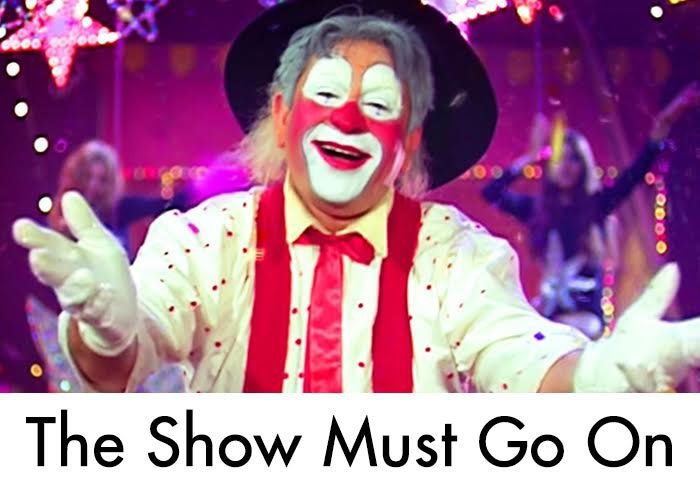They are goofy, awkward, stupid, loveable and make us roll on the floor laughing, yet nobody grows up aspiring to become one. Yes, I am talking about the long-forgotten comedians in Bollywood. But I can’t be the only one to notice their disappearance.
Remember these guys?
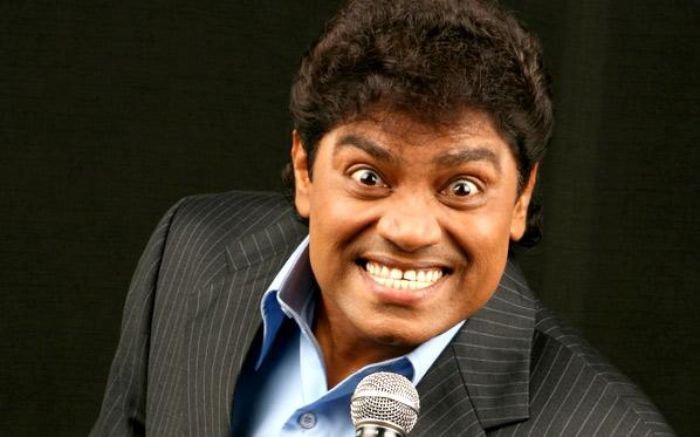
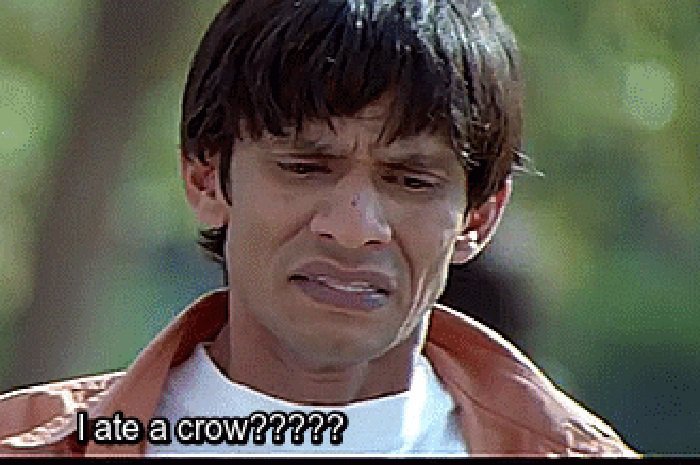
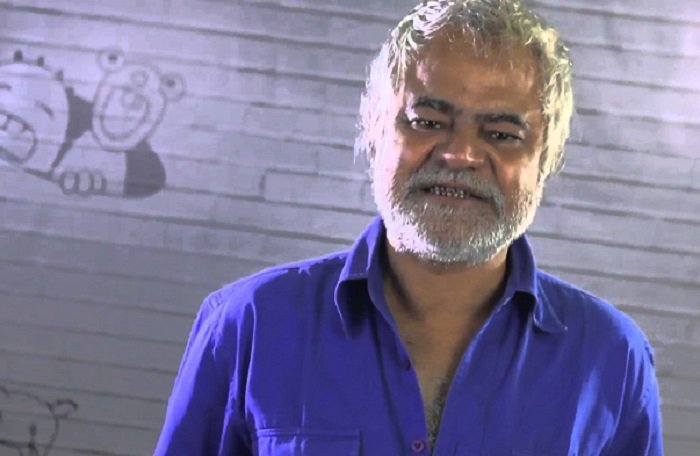
Now try imagining Indian cinema without them!
You just can’t! Working in an industry where most actors are vying with each other to bag the most screen time, these actors were happy making us laugh while staying out of the limelight. They had no qualms about being laughed at either.
There was a phase in Indian cinema when no movie would ever be complete without the comedians.
Whether he was the guy who’d crack jokes at the most unlikely situations, the one who would advice the hero to give in to his romantic feelings, the drunkard from the junkyard or the jailer who nobody would take orders from – the cliched comedian sent us into fits of laughter, adding the much-needed break in the ever-so-monotonous Bollywood dramas.
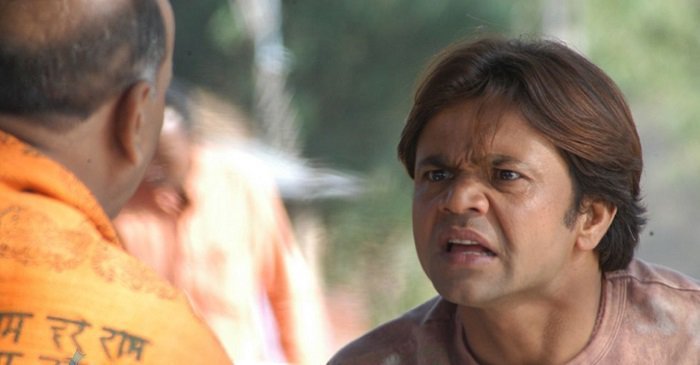
There was never a dull moment in the movie, for they would come and work their charm whenever the story went flat.
The trend of the quintessential funny man in Bollywood movies can be traced back to the ’50s with Johnny Walker playing the funny guy. Walker brought in a trend which was soon to become a booming space for artists who were not as good looking as the main stream heroes, but were equally or more talented.
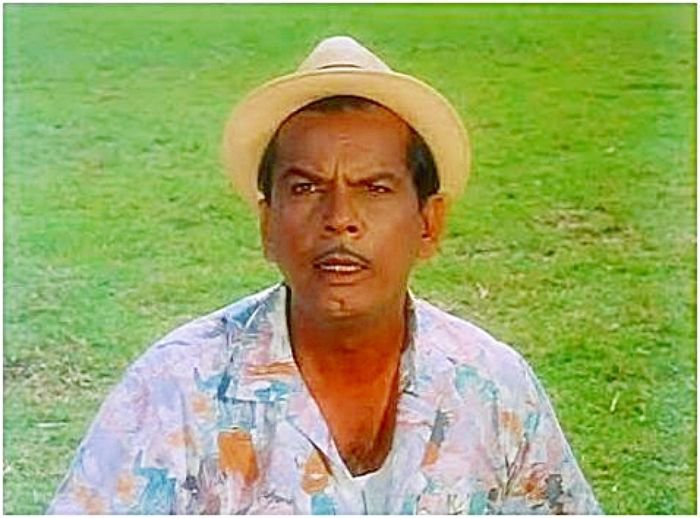
The 60s: The era of song and dance comedy.
Times changed and the comedy genre expanded. By the advent of ’60s, India had its new comedy star, Mehmood. His spontaneity and natural flair for comedy got him the tag of King of Comedy. The song Ek Chatur Naar is still as entertaining and funny as it was the first time we saw it.
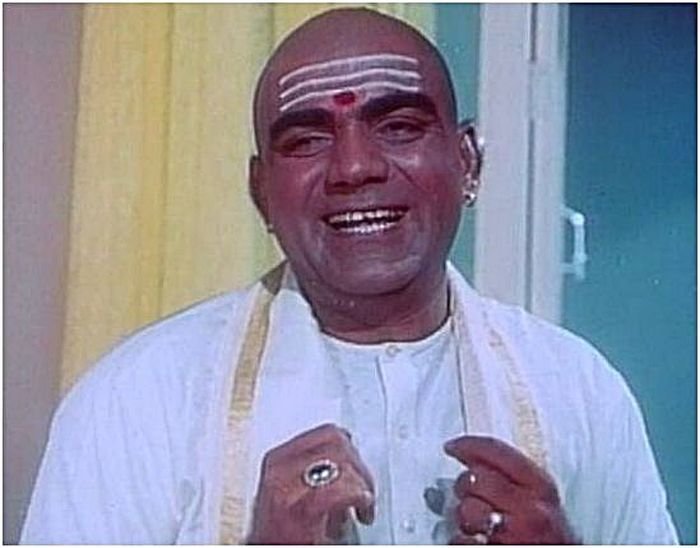
The 70s and 80s: Experiments with the dimensions of comedy.
In the years to follow, directors experimented with the genre of comedy and Jagdeep and Asrani can be widely credited for that. The iconic Bollywood comedians left an everlasting impression on Indian cinema with their witty one-liners as well as cheeky characters and voice modulations.
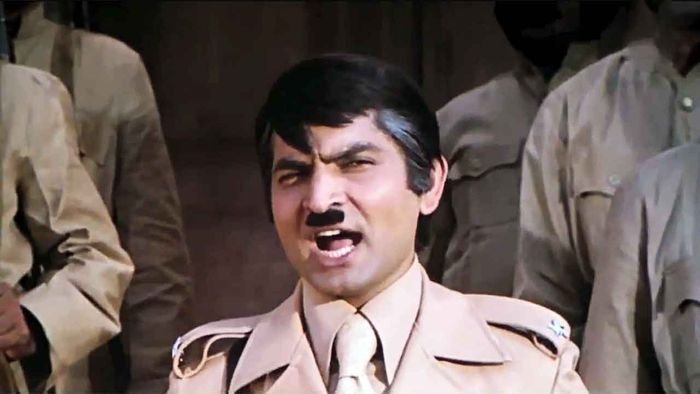
The late 80s and early 90s: When comedy became commercially viable.
Comic Mozarts like Kader Khan and Johnny Lever stepped in and upped the ante like never before. Both dominated the comedy sphere throughout the ’90s and made comedy a commercially viable and a pursuable career option.
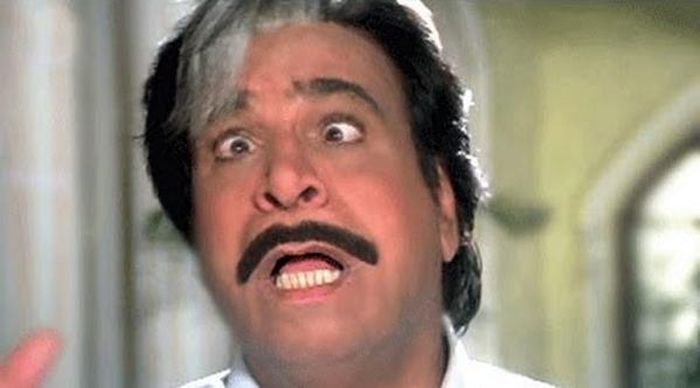
The late 90s: When the Bollywood hero picked on comedy and the comedians took a backseat.
Whether it was serious acting, action or comedy – The ’90s hero did everything. With the advent of mainstream actors like Govinda and Anil Kapoor who had perfect comic timing, the comedians had to take a backseat.
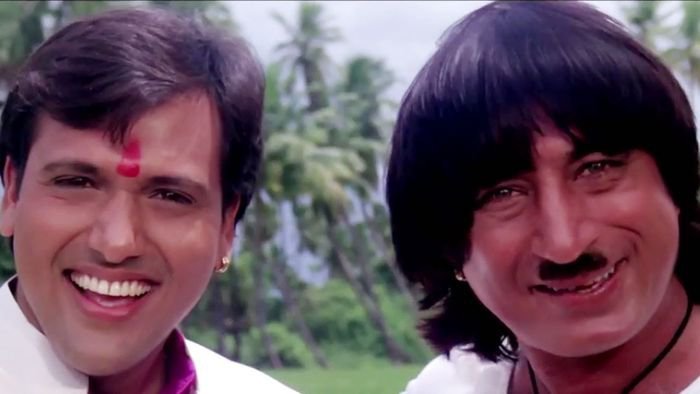
The 2000s: The last breath of the dying genre.
The last comedian – as we had known them – to find his way to the silver screen was the little comic wonder, Rajpal Yadav. His perfect dialogue delivery mixed with his enthusiastic acting cracked up the audience throughout the early part of 2000s. However, Indian cinema came out of age with the turn of the decade, leaving the specialist comedians out of work.
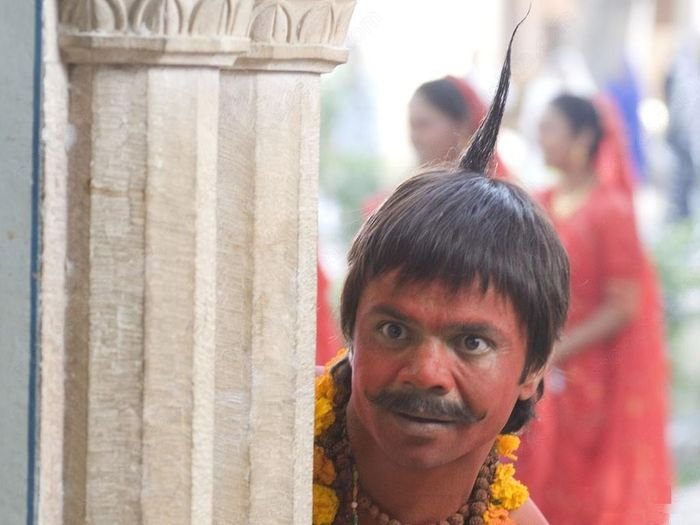
The rise of comic heroes and situational comedy.
As Indian cinema developed, it started to churn out plots, situations and characters closer to real life. The way Bollywood treated its protagonists saw a paradigm shift. The Bollywood hero was conventional no more and did everything all by himself.
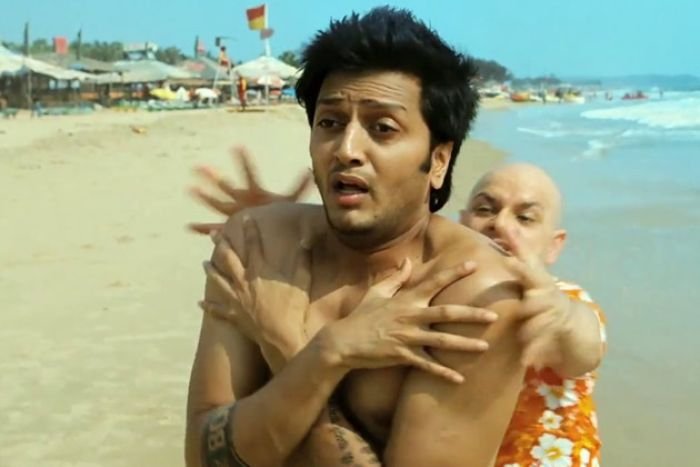
Today, almost all films have comedy as an integral part, but the familiar faces are now missing and Bollywood biggies have taken the responsibility of tickling the funny bone upon themselves.
So today, even the biggest superstar of Indian cinema Amitabh Bachchan does comedy:
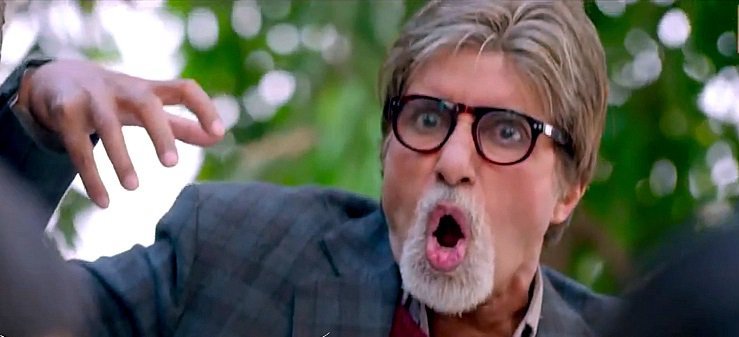
While the king of romance is also often seen tickling the funny bone.
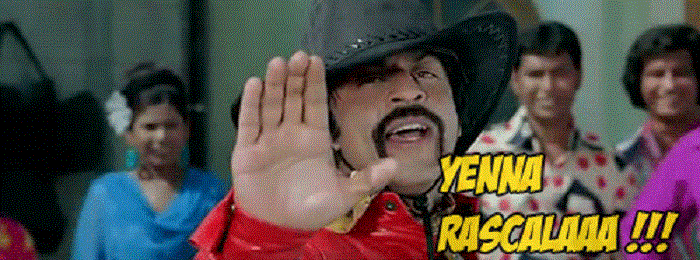
And the biggest action star of India has developed his own brand of comedy which is mainly quirky one-liners:
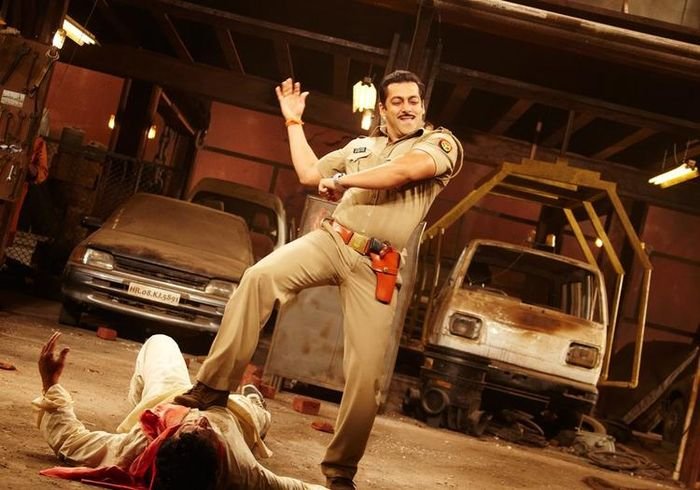
So, in such a scenario, do you think the quintessential comedian could have survived?
He died a painful death, just like he lived his moments on the silver screen.
However, there’s one message which he selflessly kept on giving throughout his career in cinema:
